 | There are many ways to invest in crypto. You can buy and hodl crypto, actively trade crypto, delegate your funds to an asset manager, or, if you are a passive investor, you can consider staking to earn rewards. In this post, I will explain how staking works, ways to stake, type of staking rewards, and introduce you to DanteHQ, a platform that provides staking data. Before getting started, it’s worth noting that staking can only be done on blockchains that use the proof-of-stake (PoS) consensus mechanism (we will figure out what is PoS right next). That’s why in this post, I will use Solana network as the prime example of staking mechanism. Staking on Solana: ExplainedYou have probably heard of the Proof of Work consensus mechanism of Bitcoin. Turns out, the Proof of Work mechanism is not the most effective mechanism and it also uses up a lot of electricity capacity to operate. A new mechanism has emerged to improve the disadvantages of Proof of Work. Enter Proof of Stake. In layman’s terms, PoS works by requiring validators to stake assets (i.e., lock their assets in the network) to participate in the transaction validation process. The more assets that the validator stakes, the more often that the validator is chosen to write new transactions to the ledger. Since validators stake their assets, the network can assure that the incentives of the validators are aligned with the network’s goals and they will not perform intentional malicious behaviors such as creating invalid transactions or censoring transactions. Even if the validators do perform malicious actions, the network also has a punishment mechanism to keep validators in check, which is slashing. Slashing removes and destroys a portion of a validator’s delegated stake if they perform malicious actions. When a validator is slashed, all delegators who have delegated their assets to that validator lose a portion of their staked assets. In reality, validators usually do not use their own assets to stake, they use delegated stake from other users instead. This is called delegated staking. In this process, any SOL token holder can assign some or all of their tokens to a particular validator to help increase those validators’ chances of participating in the validation process. In return, tokens holders, i.e., delegators, will receive a shared reward from the validators. Delegating tokens to a validator does not give the validator ownership or control over the assets. By staking tokens with a validator or validators, the delegators show a degree of trust in the validator since the validator may perform malicious actions and affect the delegated assets. How to earn rewards from staking on Solana?The first way to earn staking rewards is obviously to become a validator. However, becoming validators requires a lot of resources and infrastructure so most people choose to delegate their assets to a validator. To stake SOL tokens, delegators must use a wallet that supports staking (e.g., Solflare). SOL tokens in the delegator’s wallet must first be moved into a stake account. Delegators can create various stake accounts and deposit as much or as little SOL into each stake account as they want. Each new stake account has a unique address, and a single wallet can manage many different stake accounts. To earn staking rewards, the tokens in a stake account must be delegated to a validator. A single stake account can only be delegated to a single validator at any time, so delegators need to split their tokens among multiple stake accounts if they want to stake to different validators at the same time. Types of rewards on SolanaSo what kinds of rewards that validators and delegators receive? In general, there are two sources of rewards on Solana: transaction fees and block rewards. The transaction fee is the fee paid by network users to include their transactions on the blockchain. Block rewards are new SOL minted every epoch (epoch is a period of time, typically 2–3 days on Solana). The transaction fees are paid by network users to the validator that wrote the block. Delegators will receive block rewards and this type of reward is called staking reward. A portion of staking rewards is given to validators and this portion is called commission. The more staked assets that the validator can get, the more rewards that the validator can receive. Thus, many validators give a very competitive commission rate to attract delegators to give assets to them. Apart from commission, validators also receive transaction fees from all transactions that are written in the validated block. Another type of reward is voting reward. Voting rewards are given to validators who do not write new blocks but only participate in validating the newly created block. Voting rewards comes from block rewards, which means this reward is minted every epoch. Where to find staking reward data on Solana?A very good source that you can use to get staking reward metrics of Solana is DanteHQ, a fundamental crypto data platform. DanteHQ provides data on three types of rewards: staking, voting, and fee. Apart from staking reward metrics, you can also see many other metrics such as DAU, transaction counts, etc. of each crypto project on DanteHQ. Below is the staking reward chart of Solana on DanteHQ. You can see the live chart at: https://www.dantehq.com/chain?utm_source=reddit&utm_medium=social_media&utm_campaign=blog_staking_rewards&utm_id=blog_staking_rewards&utm_term=blog_staking_rewards&utm_content=blog_staking_rewards [link] [comments] |

You can get bonuses upto $100 FREE BONUS when you:
💰 Install these recommended apps:
💲 SocialGood - 100% Crypto Back on Everyday Shopping
💲 xPortal - The DeFi For The Next Billion
💲 CryptoTab Browser - Lightweight, fast, and ready to mine!
💰 Register on these recommended exchanges:
🟡 Binance🟡 Bitfinex🟡 Bitmart🟡 Bittrex🟡 Bitget
🟡 CoinEx🟡 Crypto.com🟡 Gate.io🟡 Huobi🟡 Kucoin.
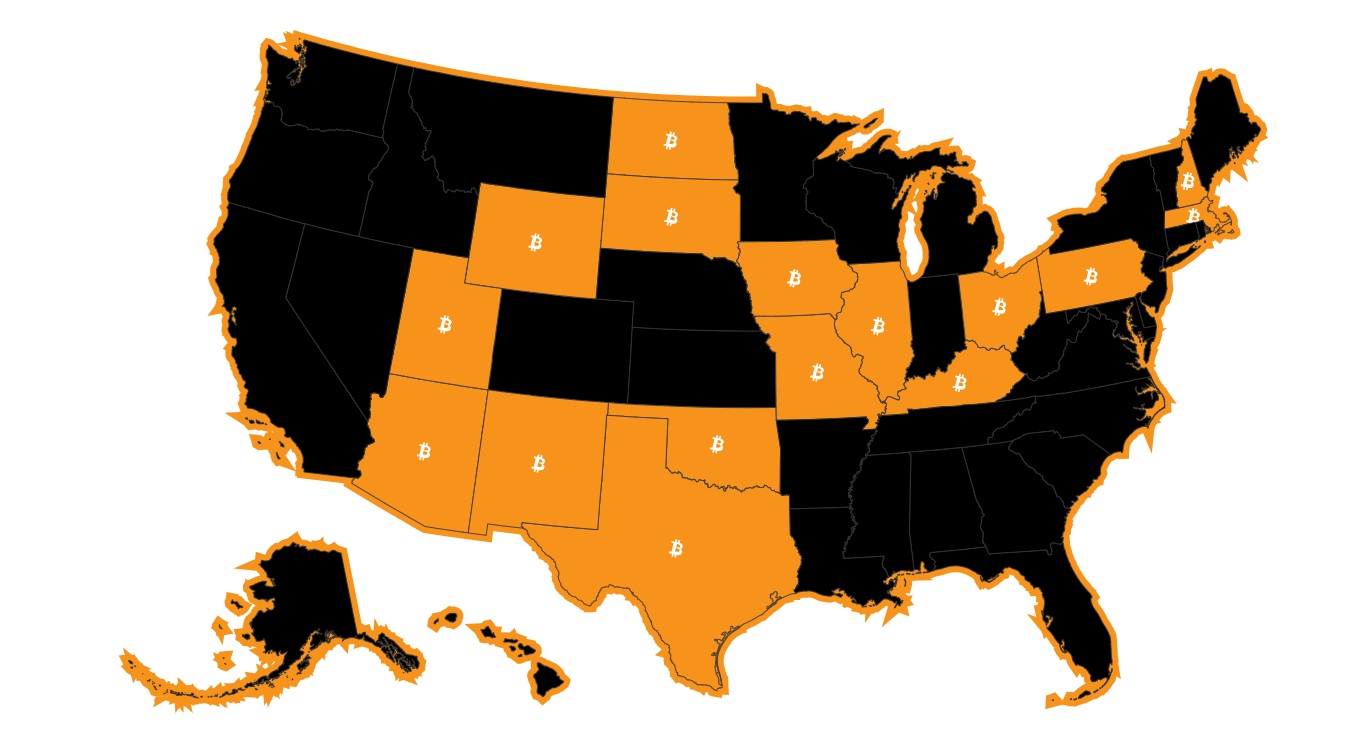



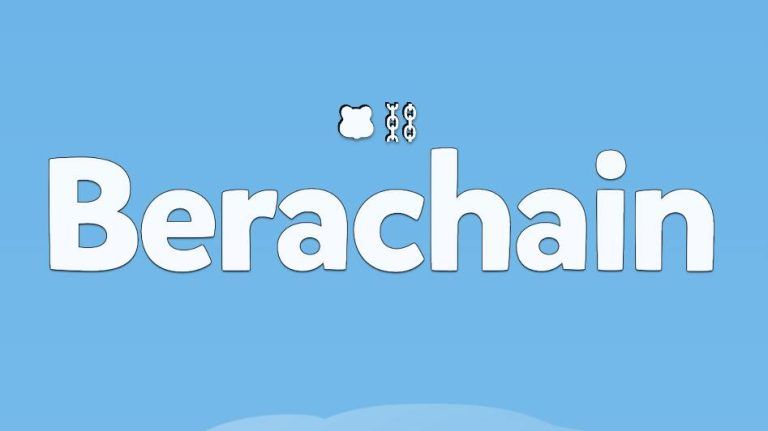


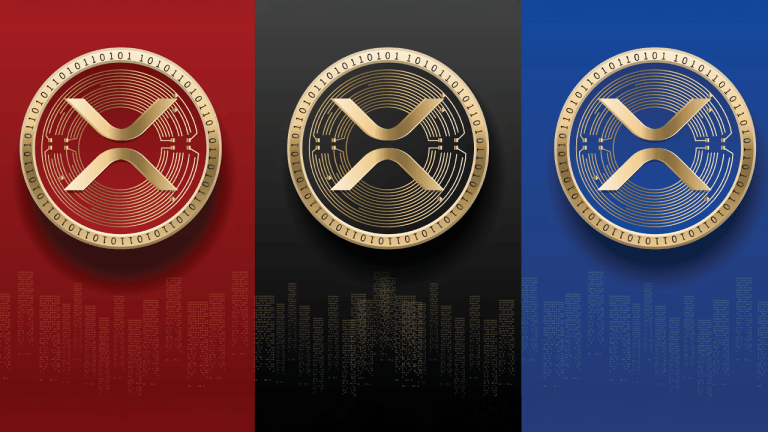
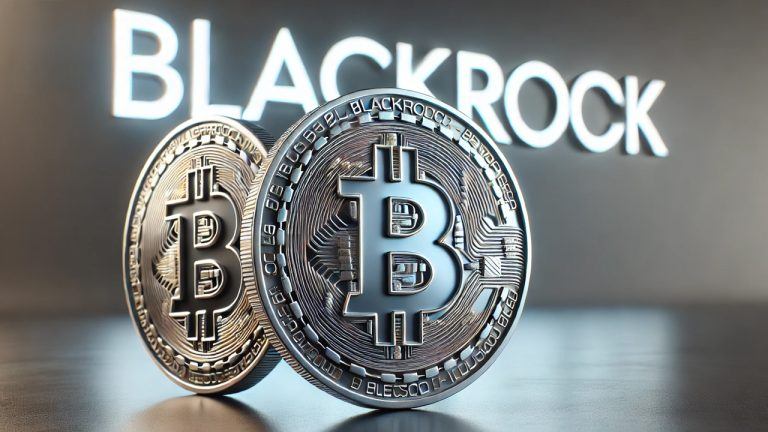
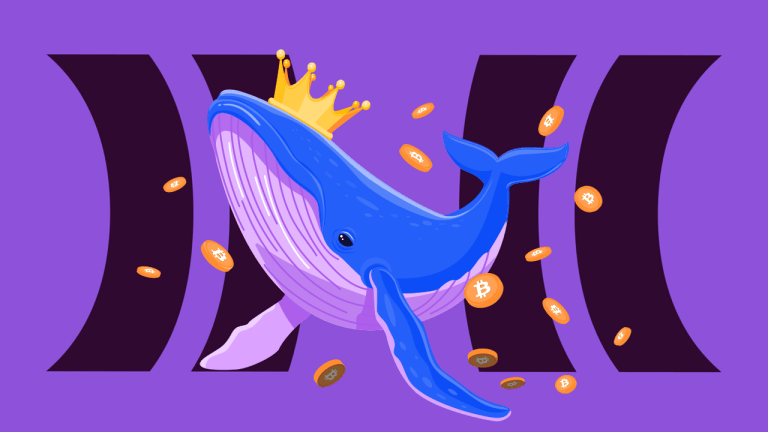


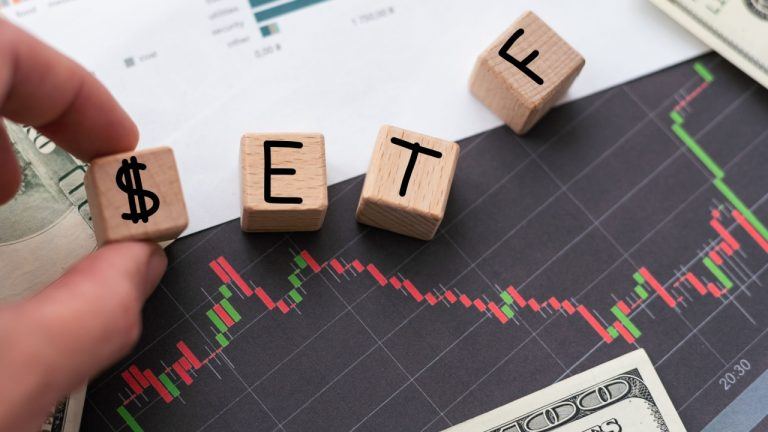





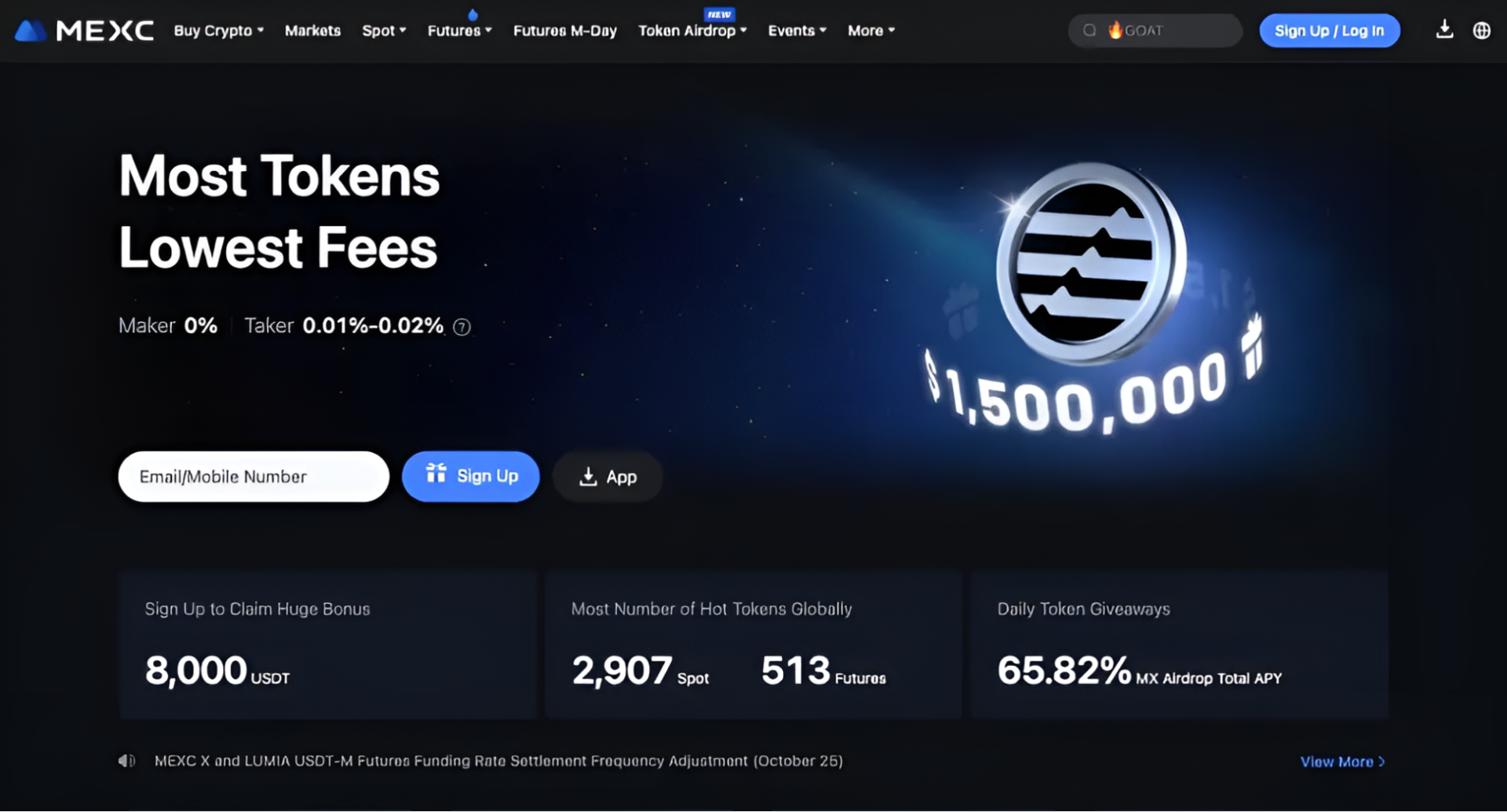

Comments